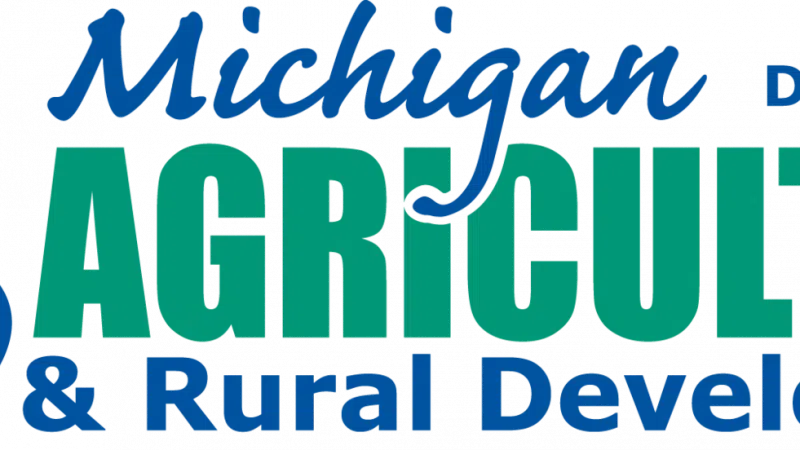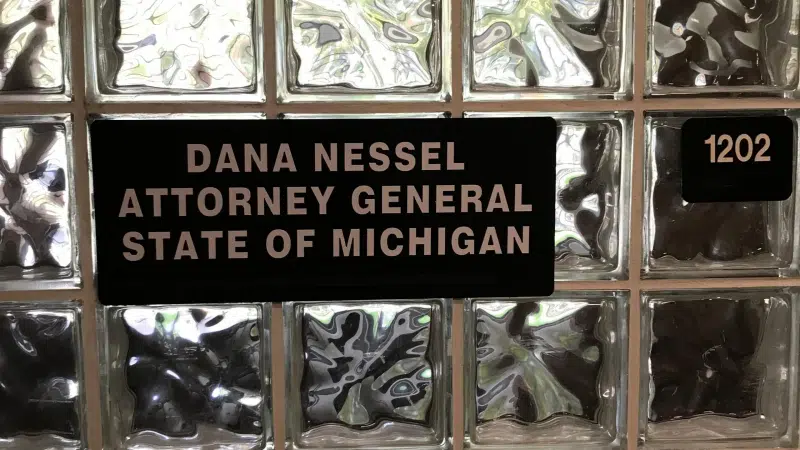The Blue Lakes Fire in the northern Lower Peninsula now is 75 percent contained and estimated at about 2,200 acres, according to the Michigan Department of Natural Resources.
Some closed roads in the fire area also have been reopened, said Kerry Heckman, DNR fire public information officer.
DNR firefighters and cooperating agencies have been working since Friday to contain the fire, which covers portions of Montmorency and Cheboygan counties. It has been determined that the fire originated with a Wednesday lightning strike that smoldered for a few days before spreading into dry fuels, resulting in a wildfire. The fire was reported about 12:40 p.m. Friday.
Heckman said that containment doesn’t necessarily mean the fire is out, but rather that it is unlikely to spread beyond the containment lines. These are areas where firefighters have been able to plow a line down to bare earth (removing all fire fuels) around that portion of the fire.
“There may still be hot spots within the contained area,” she said. In the case of the Blue Lakes Fire, the uncontained portion of the fire line is primarily in low, wet areas that are difficult for firefighters to reach. Crews will be working today in those areas to connect gaps in the containment line.
Fires are mapped throughout the duration, and acreage is estimated. The 2,200 acres being reported today is smaller than Sunday’s estimate due to improved mapping with firefighters on the ground using a variety of tools, Heckman said.
“We will be using a drone to do some infrared imaging to identify hot spots within the containment line that need attention,” Heckman said.
Although some roads have reopened, Blue Lakes Road between Hardwood Lake Road and Black River Road is still closed. The Black River is still closed between Blue Lakes Road and Clark Bridge Road until nearby hot spots can be identified and addressed.
DNR crews on the scene today include 32 DNR firefighters, two emergency medical technicians and a 13-member incident management team, with law enforcement assistance from two Montmorency County Sheriff’s deputies and three DNR conservation officers. Local assistance also is provided by Tri-Township EMS, Montmorency County Emergency Management and the Michigan State Police.
Equipment in use includes five engines, two tractor plows, five utility terrain vehicles and one DNR spotter plane.
Fire danger remains high in northern Michigan. Due to increased fire risk, the DNR has not conducted prescribed burns and has not been issuing burn permits. Before any open burning, check Michigan.gov/BurnPermit and get fire safety tips.























Comments